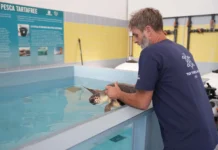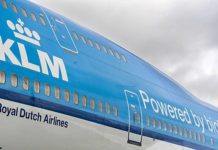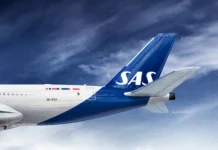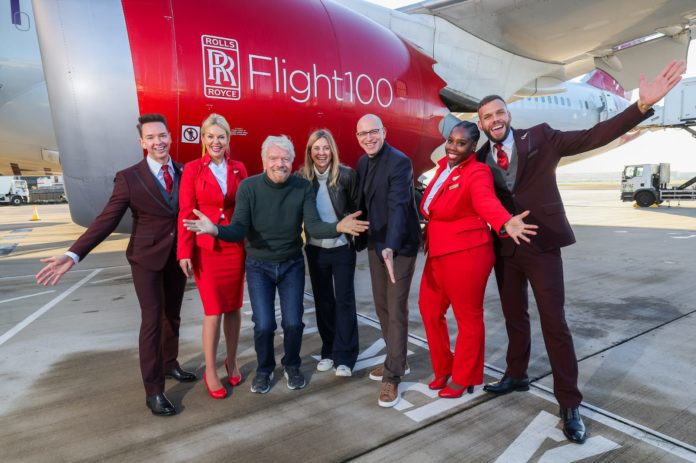
Virgin Atlantic’s historic 100% Sustainable Aviation Fuel (SAF)-fuelled transatlantic flight, from London to New York, last year cut out 64% of the normal level of emissions seen on such a flight, illustrating the importance of SAF to aviation’s drive to become net zero, the airline has claimed.
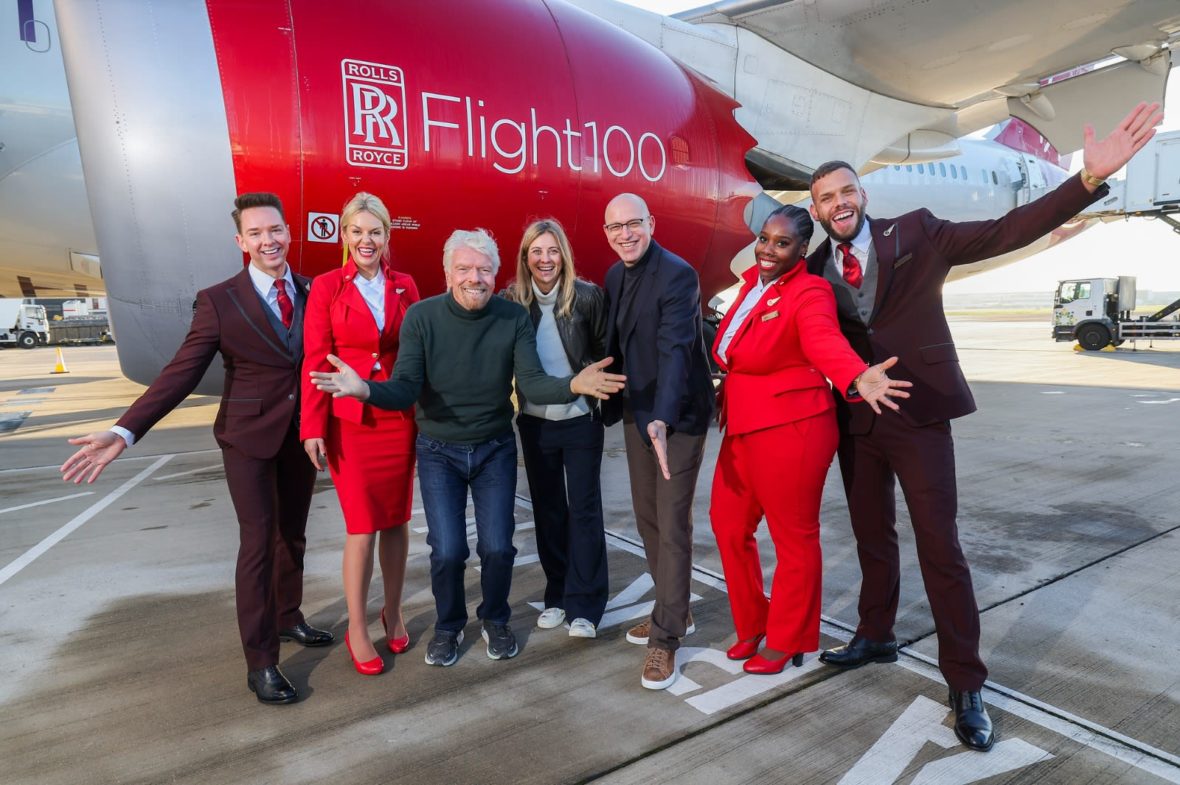
Virgin’s Flight100 – from London Heathrow to New York JFK – last November was the world’s first transatlantic flight solely powered by SAF.
In posting the result data from the flight, Virgin Atlantic said the experimental flight “paves the way” for the use of 100% SAF and proves it’s a safe replacement for fossil fuel.
Virgin said SAF has potential benefits beyond CO2 reduction. These include a 40% reduction in particulates, which could contribute to a significant reduction in contrail production by planes. The higher energy density of SAF, meanwhile, can also contribute to increased fuel efficiency and further emissions reductions, it said.
“SAF is the only viable mid-term solution to decarbonise long haul aviation; it needs to be produced at scale…if enough SAF is made, we will fly it,” the airline said.
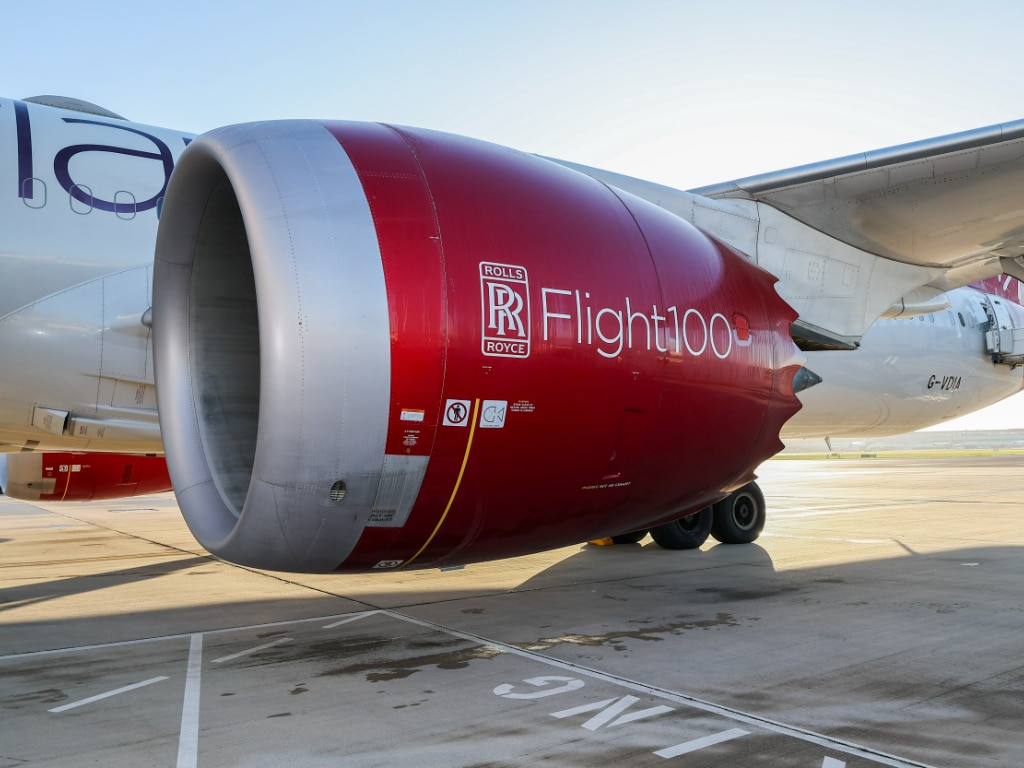
Virgin has also claimed SAF can improve local air quality, contribute to a reduction on persistent contrail formation and reduce fuel use.
Shai Weiss, chief executive, Virgin Atlantic said: “Flight100 was more than a year in the making, demonstrating that together we can achieve more than we can alone. Virgin Atlantic is committed to finding new solutions, leading efforts to decarbonise our industry and to share any learnings or innovations. This approach underpins Flight100.
“We have demonstrated that it can be done – SAF is a safe drop in replacement for fossil fuel and can be used with today’s infrastructure. The project findings shared today range from the carbon emission savings achieved, fuel performance vs fossil derived Jet A-1 and the wider environmental benefits that adopting SAF may deliver in the future. We are ready to fly 100% SAF, but a scale up in production of c. 100 times from where we are today is needed to meet 10% SAF by 2030. We must now see urgent action from Government, oil majors and private capital to invest in the production capacity needed to deliver a thriving UK SAF industry. We’ve proven that if enough SAF is made, we will fly it.”
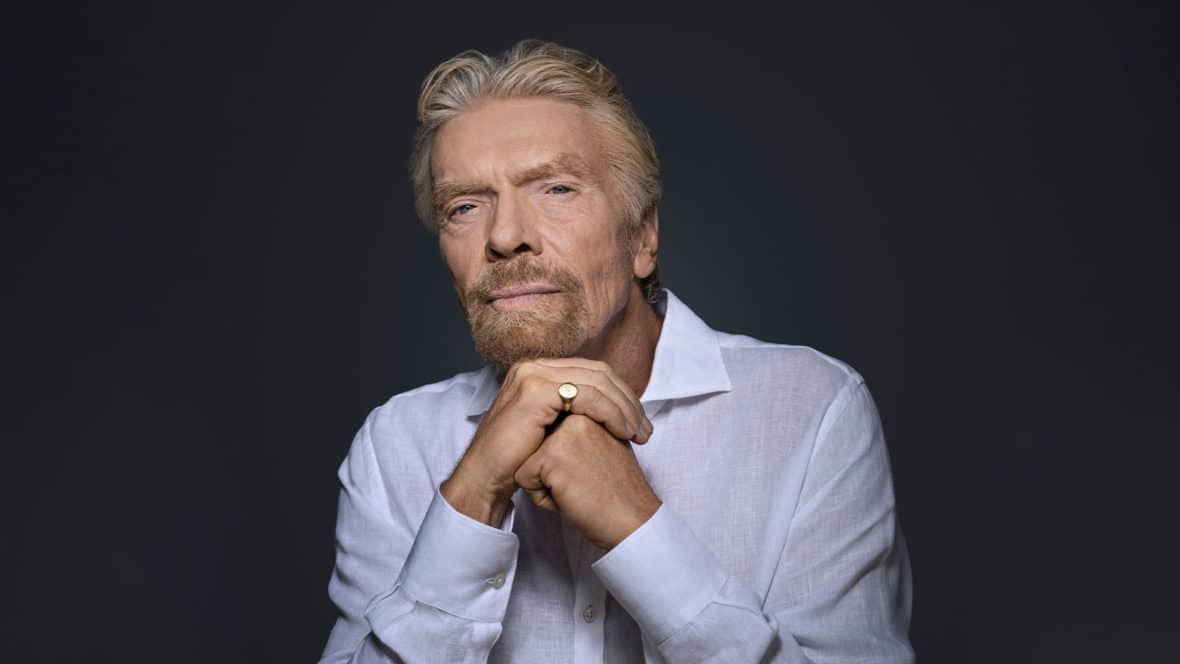
Sir Richard Branson, founder, Virgin Atlantic said: “It was a privilege to be onboard Flight100 with the amazing teams that made it happen. Flight100 was an example of what can be achieved through collective ambition and radical collaboration. Challenging the status quo is in our DNA at Virgin. Proving that 100% SAF is operationally achievable today, with equivalent safety standards to all our other flights, was a pivotal moment but not a silver bullet. There is more work ahead to scale SAF at pace and whilst we cannot solve that challenge alone, Virgin Atlantic is committed to being at the forefront of the monumental effort required to decarbonise long haul flight.”

